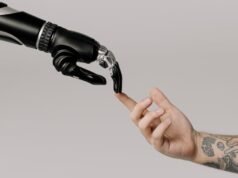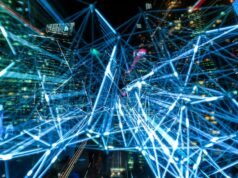Unleashing the Power of AI: Exploring Natural Language Processing and Understanding
Artificial Intelligence (AI) has revolutionized various industries, and its impact on Natural Language Processing (NLP) and Understanding (NLU) is undeniable. NLP and NLU empower machines to interpret and comprehend human language, opening new possibilities for communication, data analysis, and automation.
NLP focuses on the interaction between computers and human language. It involves the programming of algorithms that allow machines to extract meaning, sentiment, and intent from text or speech. Meanwhile, NLU takes NLP a step further, enabling machines to understand context, idiomatic expressions, and even emotions.
One of the most fascinating applications of NLP and NLU is in language translation. AI-powered systems like Google Translate or Microsoft Translator can now comprehend and translate complex sentences across multiple languages, thanks to the ability to understand the context and nuances of human communication.

Furthermore, these technologies unlock opportunities in customer support services, where chatbots equipped with NLP capabilities can interact seamlessly with users, providing instant responses and resolving queries effectively.
NLP and NLU have also proved invaluable in sentiment analysis, enabling companies to analyze large volumes of customer feedback, social media posts, and reviews. By understanding the sentiment behind these texts, businesses can make data-driven decisions to improve their products and services.
Moreover, NLP-based virtual assistants have become a common part of our daily lives. Voice-activated devices like Apple’s Siri, Amazon’s Alexa, or Google Assistant utilize NLU to better understand and respond to user commands, offering convenience and efficiency.
However, challenges in NLP and NLU still exist. The complexities of natural language, such as ambiguity, sarcasm, or cultural references, pose difficulties for AI systems. Developing accurate models that can handle these intricacies remains an ongoing research task.
Nevertheless, the advancements in NLP and NLU are transforming various industries, including healthcare, education, finance, and many others. From medical diagnosis based on electronic health records to personalized language learning platforms, the potential applications are vast.
In conclusion, the power of AI-driven NLP and NLU technologies is reshaping the way we communicate, analyze data, and automate processes. As further research and innovation continue to enhance these capabilities, the future holds immense possibilities for unlocking the full potential of natural language processing and understanding.









